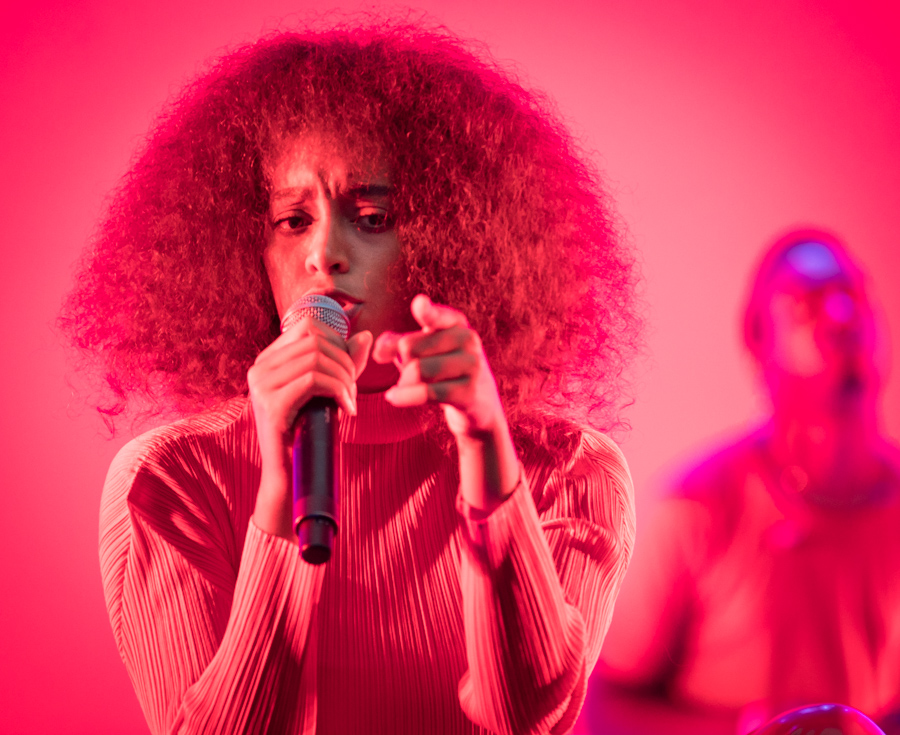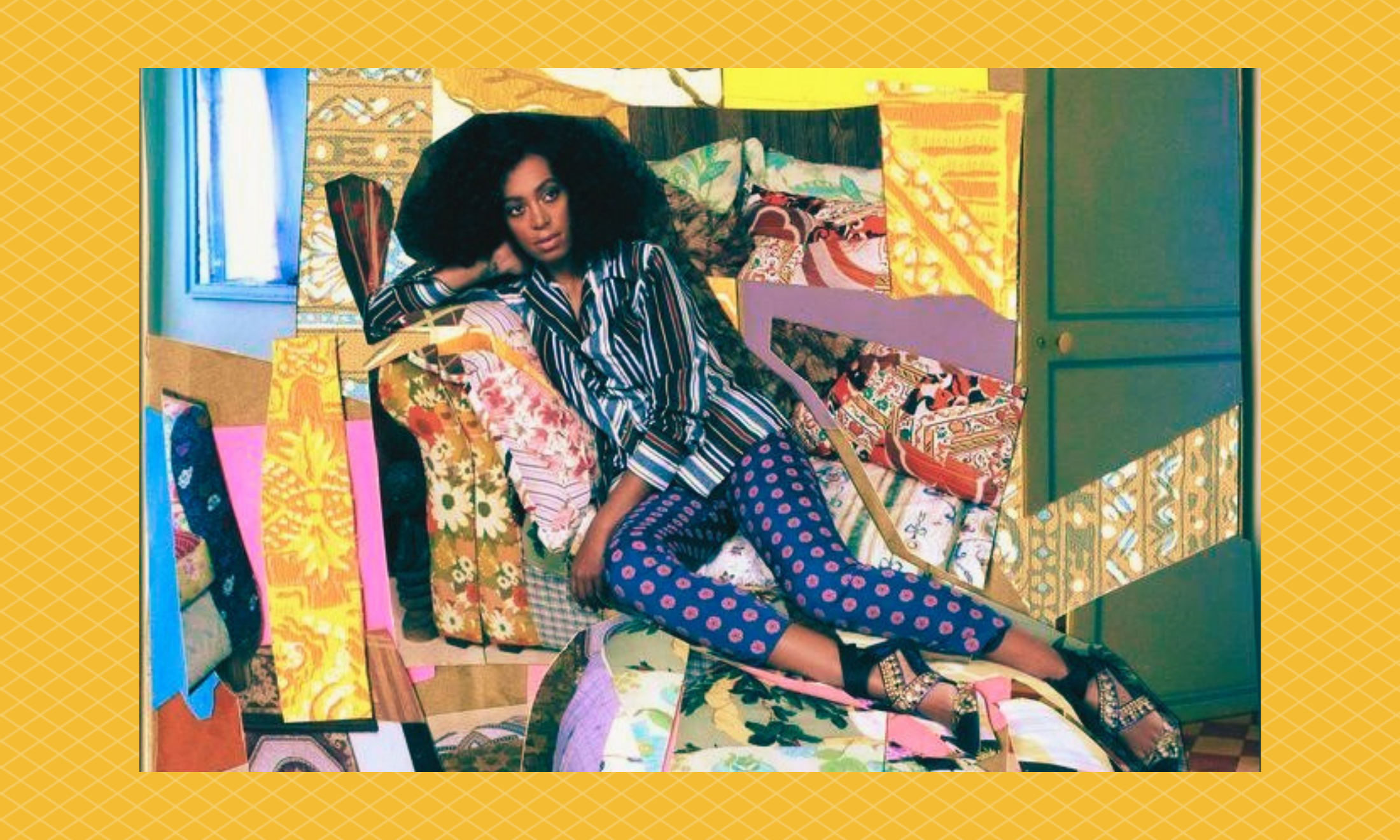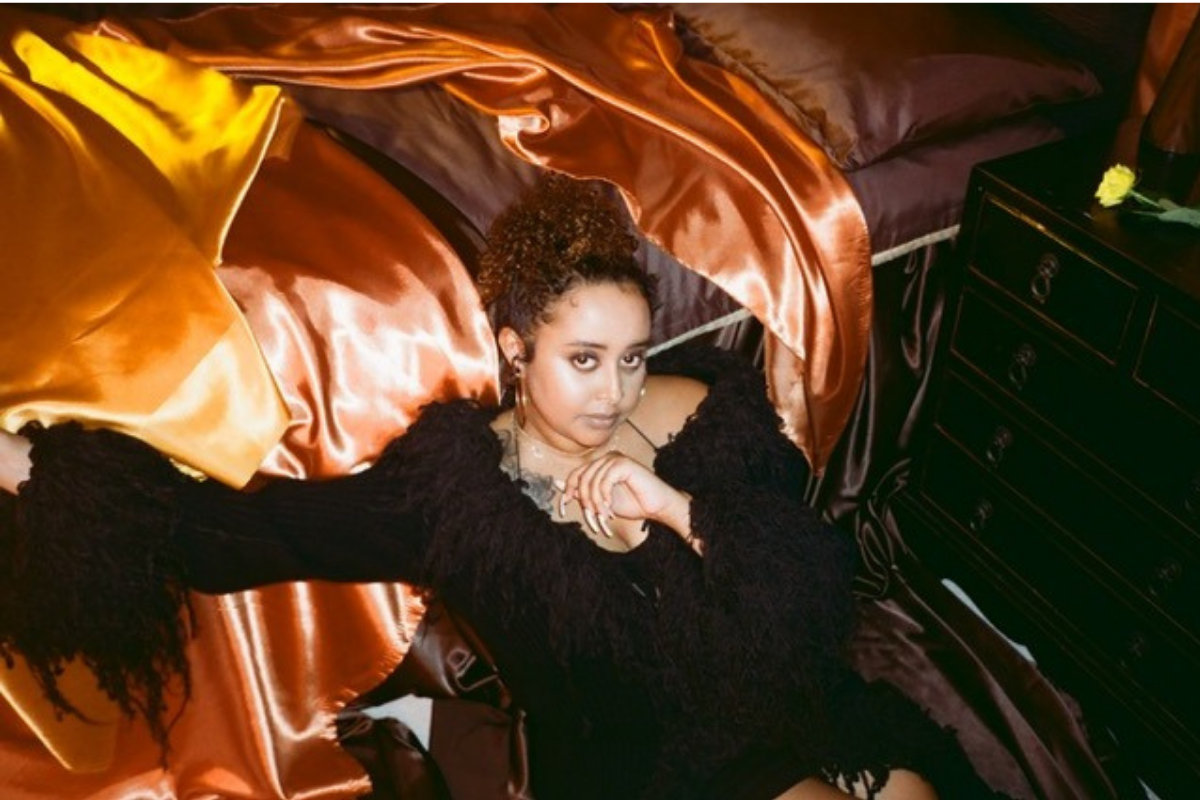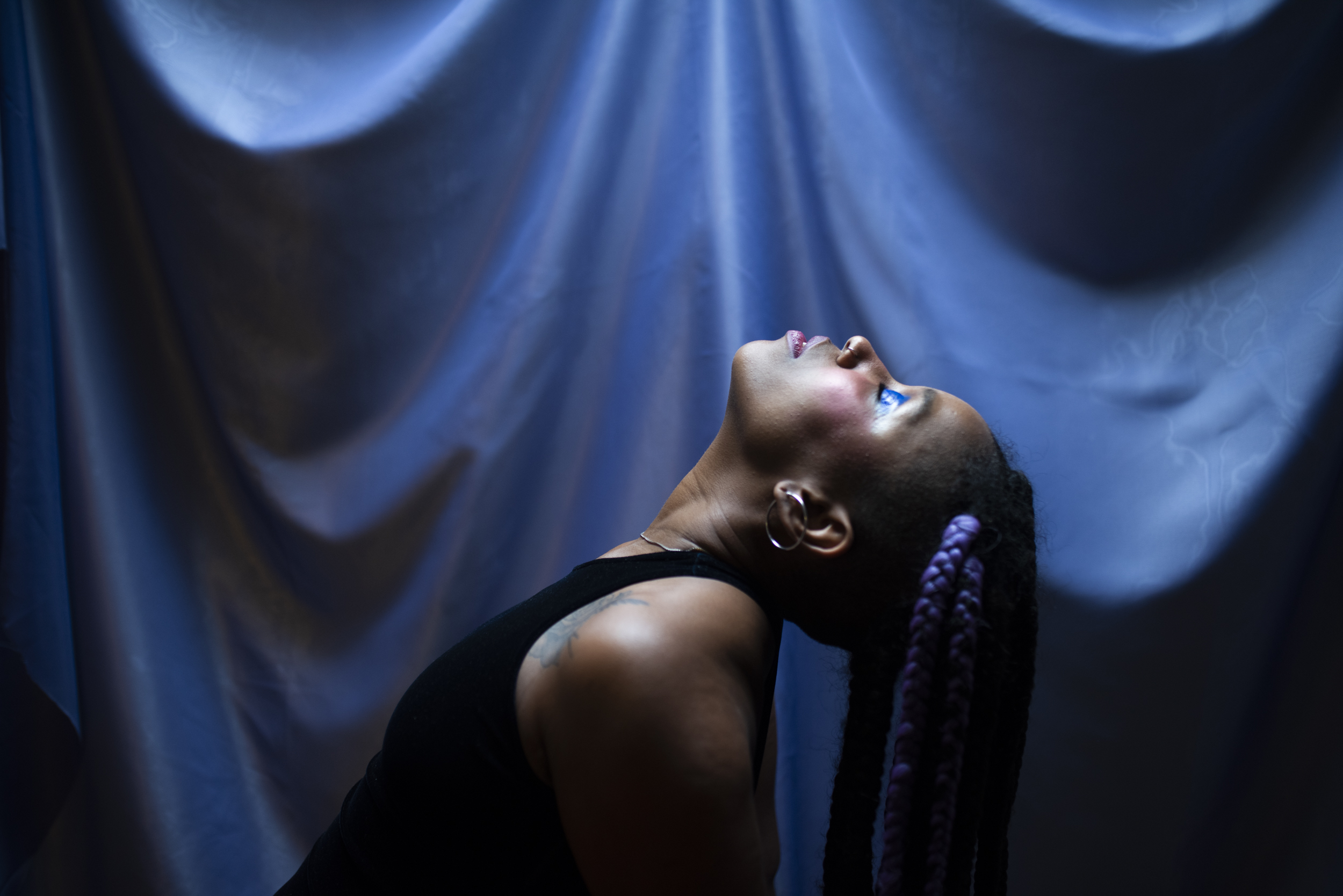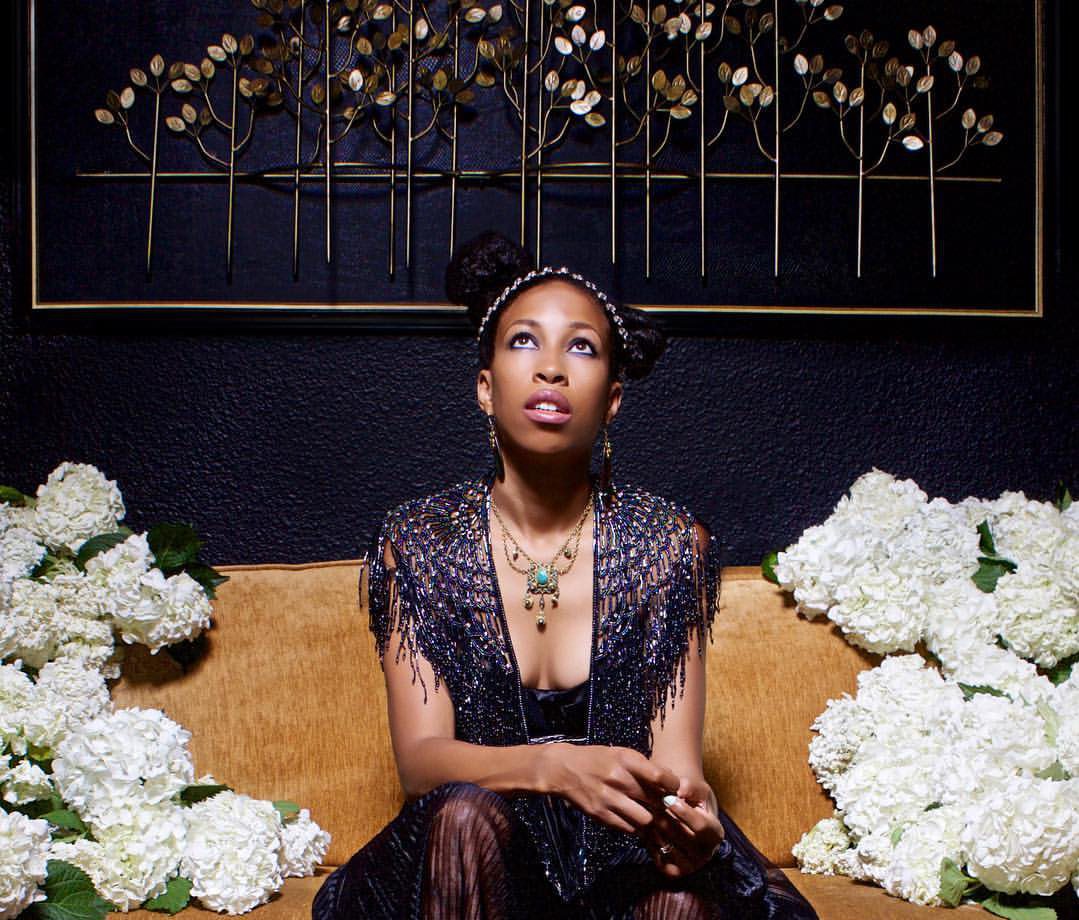
Nia Andrews on subtlety: ‘I’m requesting people to get quiet with me and listen’
Grace Shutti
15 Mar 2017
When I met Nia Andrews late last year, she was hanging out after her solo debut in London after releasing From Here, her second EP. Meanwhile, the world was still reeling from A Seat At The Table, which featured Andrews alongside Solange and Kelly Rowland. A CV that lists Lauryn Hill, Janelle Monae and Common as employers doesn’t sound like the career of a musician who started singing “well into adulthood”, but an education of Stevie, Donny, and D’Angelo was a pretty good setup for the California native.
Her resume is proof she never hid her voice, but centre stage wasn’t an option until late adulthood. “I was really shy… I still get nervous when I perform. No one ever believes me,” she says, which is quite unbelievable once you hear the four novellas that comprise the EP. They are warm with intricate narratives – “I really love storytelling in music… there’s so much you can do to convey the story of a song” – and never strain beyond soulful ease. Best of all, she lounges low in her range, a nod to her aforementioned male heroes. “Some of my girls, they loved Mariah Carey and would always hit the high notes and I loved the bottom, slow vibrato, deep voices.” It could be one of the reasons why she stayed away from the limelight.
It wasn’t until she auditioned to sing backing for Lauryn Hill that she fully understood her own ability; “It was shocking”. So she’s still finding ways of getting comfortable with a room full of expectant strangers, like making the crowd do vocal exercises with her. It’s this collaborative spirit that gave way to the soundscape of From Here. Produced by herself and Mocky, the duo found space for each floating harmony and piano flourish. Feather-weight serenade ‘Inside Your Head’, (“precious and simple”) and From Here – “totally freestyled” – were shaped by jams that drove the recording process. The organic result reflects Andrews’ manifesto of subtlety: the fireworks are in the details. Besides, in a time where genres are supposed to be extinct, she’s not interested in making any extravagant statements.
[bandcamp width=700 height=274 album=4100264571 size=large bgcol=ffffff linkcol=0687f5 artwork=small]
“I’m not trying to hit anyone over the head with how alternative I am or how soulful I am.
“I’m really appreciating the subtle nuance, requesting people to get quiet with me and listen. Just being a little deeper than “I’m so soulful let me do all these runs”. I love that, that’s just not where I’m at. There’s so many alternatives of black expression and black experience, so here’s a version.”
It’s an argument Andrews has already had to make. In the past, she was told her music wasn’t “black enough”. “I’m from Inglewood, California which is south LA. It’s very air-grab, neck-roll but I was always the different one; curious about the whole world, other versions of the black experience. [Prince] was the first person to give me permission to explores alternatives and no one ever revoked [his] blackness. I think that’s why I’am defiant in my expression.”
The notion of having to prove your blackness is a concurrent theme in the black creative community. There’s still an expectation that black creators must validate their identity to each other by expressing their pain. Andrews explains that although writing is part of her cathartic process, (‘John + I’ explores feeling unsafe in brown skin) most of those songs “haven’t been released. I don’t know if any of them will.”
It’s a debate that returns when we discuss A Seat At The Table, an experience that she says is “still so surreal to me, to be on something that powerful”. Andrews features on ‘I Got So Much Magic, You Can Have It’, an interlude of harmonic perfection that bursts with the joy of being a fly black woman and revealed to be recorded in just three takes. We all have a friend who claimed they just“didn’t get” Solange’s opus, but for many it was an account of what is real. It was that way for Andrews too. “What I love about that project is it goes into the psychological space, and as a black American woman, there’s so many parts of it that I relate to and a lot of people feel that way.” Although many expected the forthright frustration Solange had so often shared, Nia praised the quietness and nuance of her live performances in particular.
“[That] choice is like I’m tired, y’all. I don’t have it in me to be shouting of the rooftops. I’ve been saying this: I’m fucking exhausted.”
Although the two artists differ sonically, something they do share is a quiet command of attention. And when Nia Andrews sings, you better be listening.
Nia Andrews will be performing alongside Mark de Clive-Lowe at Jazz Cafe on 17th March, 2017. Buy tickets here.

